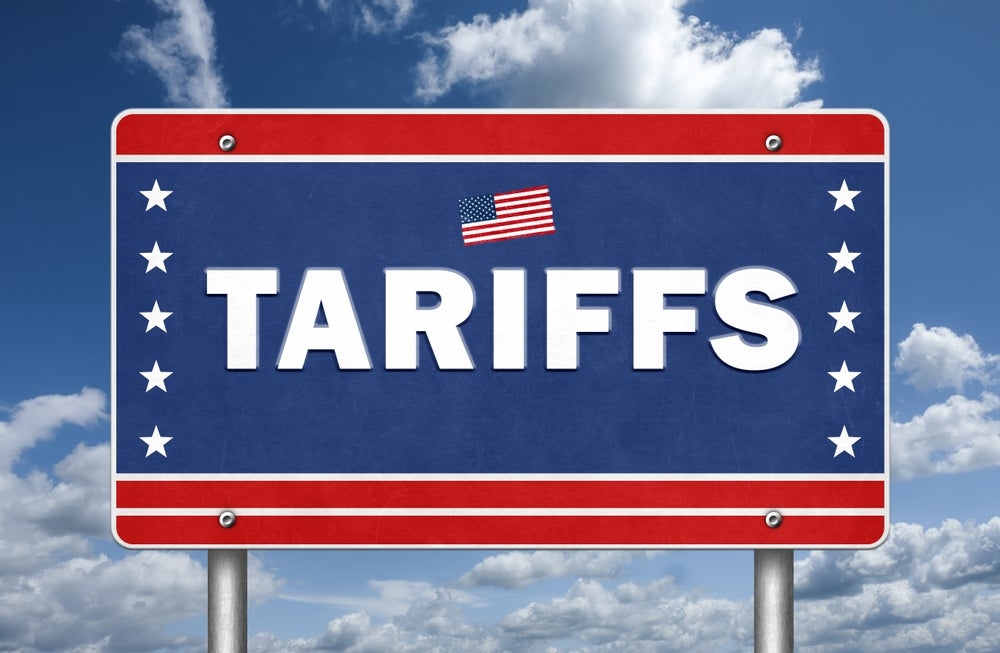President Trump has introduced tariffs of up to 25% on Canada and Mexico’s imported goods and services, which took effect on Tuesday, March 4 2025.
Given the market’s immediate volatile reaction, Trump reversed his decision and temporarily suspended tariffs on goods and services that comply with the United States-Mexico-Canada Agreement (USMCA) until April 2. The USMCA, a free trade agreement signed by Trump in 2019, replaced the North American Free Trade Agreement (NAFTA). However, Trump’s new tariffs policy is forcing a renegotiation of the USMCA for later this year.
Trump’s rationale for imposing these tariffs on Mexico is unsurprisingly linked to border security and the war on illicit drugs in the US. The White House has stated that “Mexican drug trafficking organisations have an intolerable alliance with the government of Mexico.”
Since the announcement, the two countries have been collaborating to combat the flow of opioid fentanyl from Mexico into the US and are attempting to curb the trafficking of firearms in the opposite direction. Economists and CEOs of major corporations have expressed concerns that these tariffs will significantly set back the North American economy. As Trump responds to market reactions, he has already passed executive orders with exemptions to tariffs to stabilise the markets and manage the aftermath.
How will Trump’s tariffs impact the Mexican economy?
Predictably, these tariffs will have devastating effects on Mexico’s already struggling economy. According to the Organisation for Economic Co-operation and Development (OECD), Mexico’s projected growth has been downgraded from 1.2% to a contraction of 1.3% this year. Furthermore, the forecast for next year has been revised from a growth of 1.6% to a further shrinkage of 0.6%. Although the Mexican peso (MXN) initially depreciated, it has since recovered by 0.6% following Trump’s announcement. Given that the US is Mexico’s main export partner, trading goods ranging from vegetables to car parts, any setbacks to the economy are unaffordable. On the other hand, the US, as a net import country, is impacted less by the tariffs.
Nearly half of Mexico’s exported goods meet the requirements of the USMCA, while approximately 10% of goods will need to complete extensive paperwork to comply with its provisions. This presents a challenging situation for Mexico, as businesses will suffer significant losses from the future 25% tariffs. Mexico’s economy minister, Marcelo Ebrard, estimates that 85-90% of exports should be able to meet the compliance deadline of April 2. However, this depends on how quickly Mexican businesses can adapt.

US Tariffs are shifting - will you react or anticipate?
Don’t let policy changes catch you off guard. Stay proactive with real-time data and expert analysis.
By GlobalDataThe calm and collected Mexican response
It comes as no surprise that Trump’s administration is imposing tariffs on Mexico, given his previous comments about Mexico during his campaign trail. He expressed frustrations with the state of American growth, illegal drugs, and undocumented migrants.
However, Mexico, particularly President Claudia Sheinbaum, has handled the incoming tariffs with diplomacy and professionalism, garnering international recognition. Unlike China or Canada, Mexico did not rush to impose retaliatory tariffs.
Instead, Sheinbaum has demonstrated a measured response—but given the pressure from critics, she will inevitably have to introduce a set of retaliatory tariffs. As a gesture of good faith, Sheinbaum agreed to send an additional 10,000 troops to guard the US-Mexican border and extradited 29 high-profile drug cartel members to the US to face trial on charges ranging from money laundering to murder. Trump has praised Sheinbaum’s actions, referring to her as a “wonderful woman” and she has become an international example of how to deal with President Trump.
Future outlook
Given Trump’s wavering stance on the tariffs, it remains unclear how the tariffs will impact the stability of the Mexican economy and the $100bn US-Mexico trade relationship. Mexican and US businesses will need to prepare for all possible scenarios and should consider reevaluating their supply chains to deal with the fallout.
Commentary surrounding the tariffs suggests that Trump’s unpredictable behaviour is likely to fuel nationalism and further populist beliefs in Mexico. The tariffs will undoubtedly have a detrimental impact on overall stability in the region, and Trump’s administration should consider these impacts carefully before the April 2 announcement.









